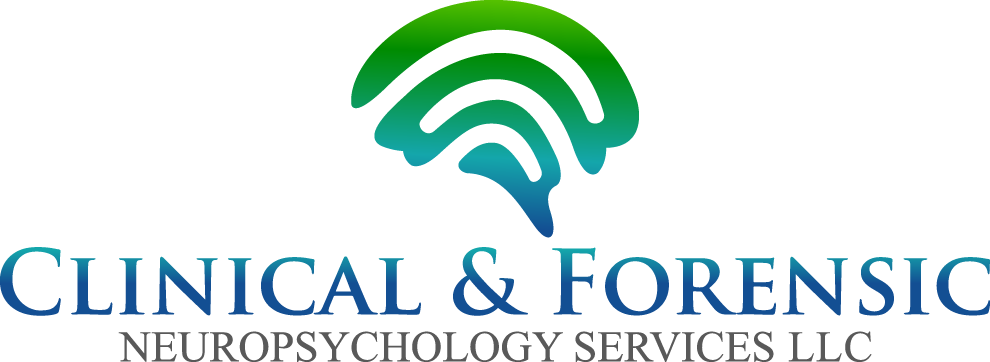Clinical & Forensic Neuropsychological Services of Mississippi (CFNS) specializes in neuropsychological assessments, and Dr. Gordon is experienced in providing expert witness testimony and consultation services to attorneys, courts, and government agencies in criminal and civil matters pertaining to adults and older adults. Dr. Gordon does not provide any forensic services for anyone below the age of 18, consult in juvenile cases, conduct child custody evaluations, or consult in matters involving the evaluation of a parent(s) fitness to parent when child custody likely will be a question before the court.
At CFNS, we accept both clinical and forensic referrals from across Mississippi and surrounding states.
What is Forensic Neuropsychology?
Forensic neuropsychology involves applying neuropsychological science and methods to the legal system. A forensic neuropsychological evaluation is performed by a neuropsychologist who is hired as an independent contractor by some third party (e.g., an insurance company, attorney, or the court) to evaluate an individual’s neuropsychological and psychological functioning.
In civil litigation, forensic neuropsychological evaluations typically are related to determining the presence or absence of a neuropsychological disorder, providing documentation showing the degree of a individual’s functional abilities and deficits, discussing the individual’s limitations regarding daily functional capacities, any causality related to a specific injury or event and identified deficits, prognosis of any identified condition, and need for medical treatment or changes to functional status.
In criminal litigation, a forensic neuropsychological evaluation may be ordered or used to help with determining issues of criminal responsibility, competency to stand trial or engage in other legal actions (e.g., Miranda waiver, sentencing, pleas), or in identifying issues affecting mitigation. Dr. Gordon’s involvement in criminal cases focuses on identifying neuropsychological conditions related to the case. He does not offer specific opinions on issues of competence at this time but does work in collaboration with other experts to determine how neuropsychological conditions may affect competency evaluations.
Forensic neuropsychology has been growing exponentially as a field since the 1980s, and the field has been of assistance in many cases and legal processes and decisions. This increase in relevance has been because research has demonstrated cognitive development and brain functions have substantial influences on behaviors under consideration in a legal proceeding. In fact, these evaluations and the experts who present them often are able to provide very helpful information to the court and triers of fact in the decisional processes of civil and criminal cases.
What Does a Forensic Neuropsychologist Do?
Forensic neuropsychologists have a wide range of responsibilities, so each case may be different. Essentially, they provide information to a third-party using scientifically-validated neuropsychological concepts and principles to help clarify legal matters. They may work and perform evaluations in an office setting but also may meet with patients off-site sometimes such as in hospitals, jails or prisons, or in court settings. Forensic neuropsychologists are concerned with determining if an individual has a disorder or particular dysfunctions, and they also must determine whether the condition or dysfunctions are associated with something pertaining to the specific legal situation.
Forensic neuropsychologists often collaborate with law enforcement, attorneys, and other forensic professionals. They may be hired to provide testimony in court as an expert witness or serve as a consultant on a case to inform the retaining party of relevant issues and needs of a case.
At CFNS, Dr. Gordon provides the following forensic services:
- Independent neuropsychological evaluations
- Record reviews
- Case consultations
- Fitness-for-duty evaluations
- Civil capacity evaluations (for example, financial, testamentary, independent living, health-care decision making, etc.)
- Neuropsychological evaluations related to disability
- Workers’ compensation evaluations
- Forensic neuropsychological evaluations in criminal cases
Please call and speak with Dr. Gordon regarding any legal referrals.

